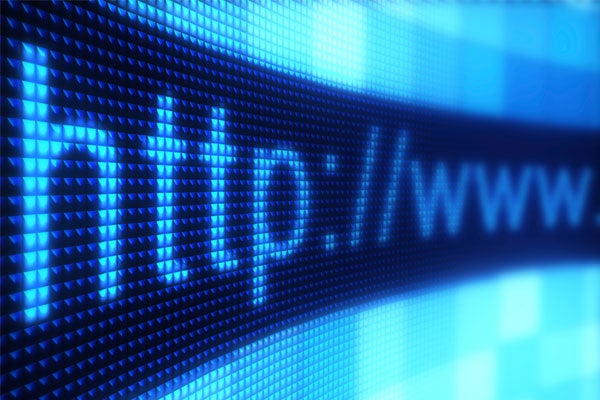‘Biggest attack in history’ sees global internet speeds slow

Global internet speeds have been slowed by what is being described as the biggest internet attack in history, with banking and email systems reportedly at risk.
An issue ignited by a spat between spam-filtering setup Spamhaus and a large scale hosting firm, the initial row has since sparked a widespread spat centring around continuing cyber-attacks, with the knock-on effect being a global slowing of internet speeds.
Having started to affect the wider internet, the reported ‘biggest attack in history’ has reportedly seen web users struggle to load and utilise streaming services such as Netflix and LOVEFiLM. What’s more, experts have suggested that if the problems continue more essential services such as email systems and online banking could be brought down the attacks.
A London and Geneva based non-profit organisation which attempts to aid email providers in filtering out spam and other unwanted content, Spamhaus recently added servers run by Cyberbunker, a Dutch web host which promises to host almost any content, to its blocklists of suspected malicious activity.
With Distribution Denial of Service (DDoS) tactics having since been implemented to bring Spamhaus to its knees, an attacking method of flooding a site with large volumes of traffic in a bid to render it unreachable, the filtering service has since pointed the finger of guilt at Cyberbunker.
Describing the attacks as unprecedented, Steve Linford, CEO of Spamhaus, stated: “We’ve been under this cyber-attack for well over a week.” He added: “They are targeting every part of the internet infrastructure that they feel can be brought down. We can’t be brought down.”
Said to have expanded to include “criminal gangs” from Eastern Europe and Russia, the cyber-police-forces of five nations are now reportedly investigating the attacks.
Describing the method and implications of these internet affecting attacks, Professor Alan Woodward, a cybersecurity expert from the University of Surrey told the BBC: “If you imagine it as a motorway, attacks try and put enough traffic on there to clog up the on and off ramps.
“With this attack, there’s so much traffic it’s clogging up the motorway itself.”

